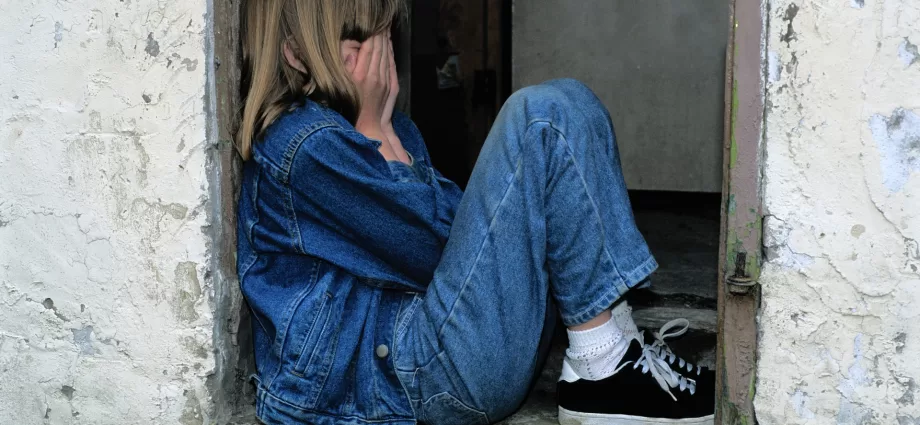A tragic loss or disturbing event can impact children in a variety of ways. It’s important to understand that children of all ages can suffer from trauma, even if you think they’re too young to understand what’s going on around them. Signs of trauma in children should be approached with compassion and support.
Parents, teachers, and other adults have a responsibility to recognize behavior changes that may be linked to trauma. Unless you’re aware that there’s a problem, you won’t be able to successfully help your child cope. Here’s what you need to know.
Identifying the Source of Trauma
Adults must recognize that a traumatic event may have impacted their child without their knowledge. Abuse and other incidents often occur in secret, and your child may not have the ability to articulate to you what has happened.
When children begin displaying concerning behaviors, it’s up to the responsible adults in their lives to get to the route of the problem. In some cases, the cause of trauma will be very clear. Other times, you’ll need to dig a bit deeper.
Potential Signs of Trauma
Every child reacts to traumatic experiences differently, making it more difficult to recognize the signs. It may also take some time for a child to show the impacts of the experience. A child who appears to be fine may suddenly start experiencing emotional disturbances several months after the experience occurred.
Listed below are a few of the primary signs of trauma in children. If you recognize these behaviors, it’s important to address them right away.
- Unnatural obsession with death
- Extreme concerns about safety
- Sleeping too much or too little
- Overeating or loss of appetite
- Unexplained anger and irritability
- Difficulty focusing
- Obsessive worry
- Separation anxiety
It’s not uncommon for specific dates or special occasions to have a triggering effect on traumatized children. Don’t be surprised if symptoms increase, for example, around the anniversary of a lost loved one’s birthday or death.
When to Seek Professional Advice for Signs of Trauma
In cases of extreme trauma, children can develop severe symptoms that may interfere with their day-to-day life. These symptoms are similar to those caused by post-traumatic stress disorder (PTSD) and usually require professional intervention.
A mental health day treatment, like the one offered at The Hills Youth and Family Services, can help your child learn valuable coping skills to deal with the lasting effects of trauma. Working with a mental health professional in a safe and structured setting can help children better integrate back into school, family life, and the community.
Helping Your Child Resume a Normal Life
With proper care, traumatized children can learn to cope and eventually get back to leading normal lives. Helping young children develop their vocabulary will improve their ability to communicate their feelings and may speed recovery.
It’s also important that you prioritize family time and make a real effort to spend quality time with your child. Need some inspiration? Check out our “Activities for Spirited Kids” page for some great ideas to keep kids engaged and make learning fun.
